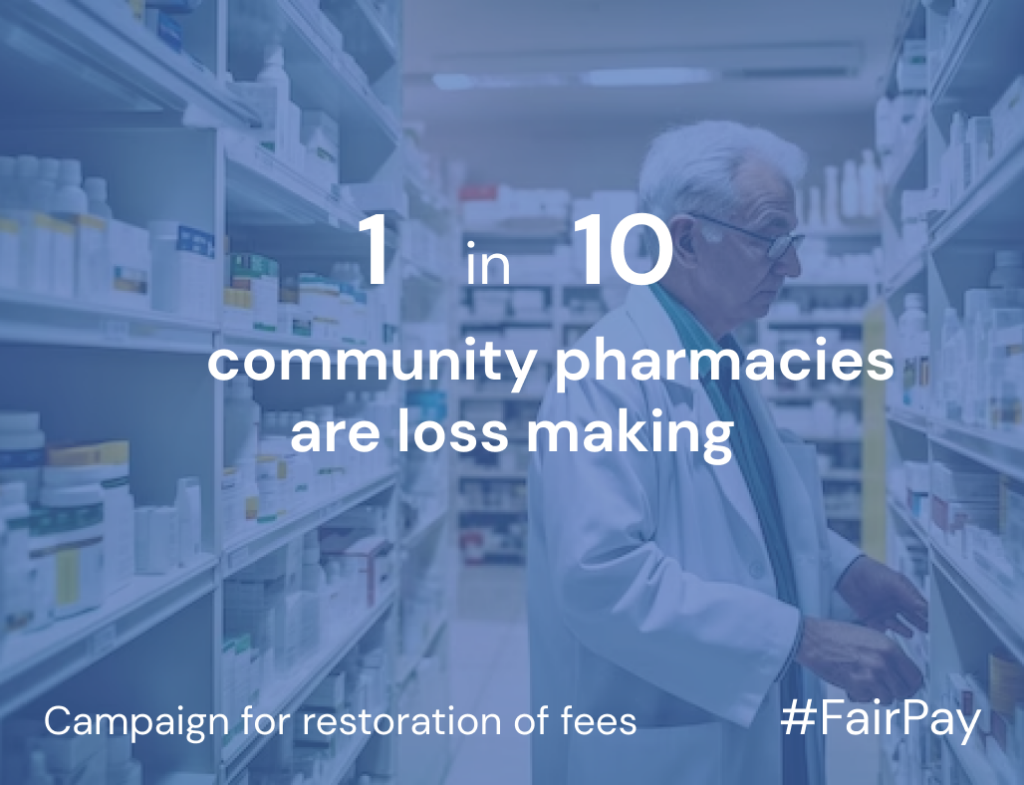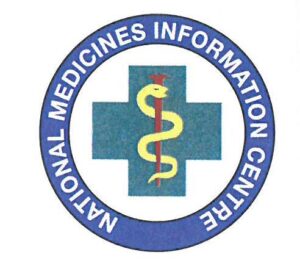New analysis reveals that more than 10% now loss-making
10 June 2023: Irish pharmacies are being left in a perilous position due to soaring costs and a 15-year government imposed pay freeze. This was a central finding of a new economic analysis of Ireland’s pharmacy sector conducted by Fitzgerald Power on behalf of the Irish Pharmacy Union (IPU). The IPU has warned that significant reforms are now urgently needed in how the state pays pharmacies for work they provide to the health service.
According to the Review of the Community Pharmacy Sector in Ireland 2023, there are currently 1,910 pharmacies in Ireland. The sector directly employs 14,325 people, but this analysis reveals that trading conditions have become increasingly difficult. The most significant challenges facing pharmacies are reduced community drug scheme revenues and increased costs.
Key findings of the report include:
- Community drugs scheme revenues account for 57% of the turnover for the average pharmacy. This rises to 62% for independent pharmacies.
- However, over the past 15 years core income from community drug schemes decreased by 29%.
- In the same period, the costs associated with dispensing medicines on behalf of the state has increased 23%.
- More than 10% of pharmacies are now loss making which is more heavily concentrated in rural areas.
There are concerns that the impact of lost revenues will become more apparent in the coming months. These losses had been partly offset by COVID-19 vaccinations, which generated nearly €26m for the sector in revenue in 2022. However, with demand levels for this service dropping the pressures continue to mount for pharmacists.
At the start of the last decade, wages made up 14% of turnover. However, increased staff costs saw that share of turnover rise to 24% by the end of 2022. Hourly pay rates for pharmacists and technicians have increased by 20% and 14% respectively over the last five years. This means that the cost of dispensing each medicine on behalf of the state has increased by 23% since the 2009 pharmacy pay freeze was imposed.
Fitzgerald Power’s analysis concludes that if personnel costs increase as expected in the coming years, “a large number of pharmacies would go out of business under the current fee structure.”
Commenting on the findings, IPU interim Secretary General Derek Reilly said, “These figures lay bare that closures of pharmacies, particularly in rural areas, is likely. We have been warning of this for several years and it is now an economic inevitability unless there is meaningful action from government to support the sector.
“Pharmacies are first and foremost healthcare centres that provide vital services to communities nationwide. This includes a wide range of services provided on behalf of the national health service, which are delivered well and make a difference to people’s lives. Pharmacies receive a payment for these services, but it is quite clear that these payments are no longer adequate.
“The Irish Pharmacy Union is now calling for the introduction of a new €6.50 flat rate dispensing fee. That would safeguard the future viability of pharmacies. It would allow pharmacy owners to continue to meet increasing wage demands while also investing in expanding services. Alternatively, failure to support the sector will have dire and potentially irreversible consequences.”
Ends








